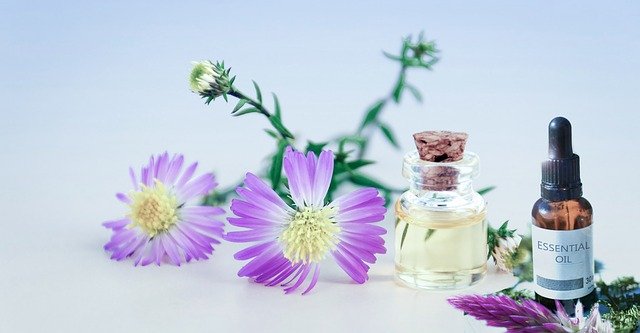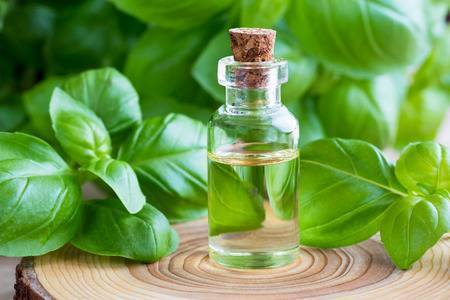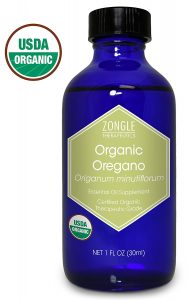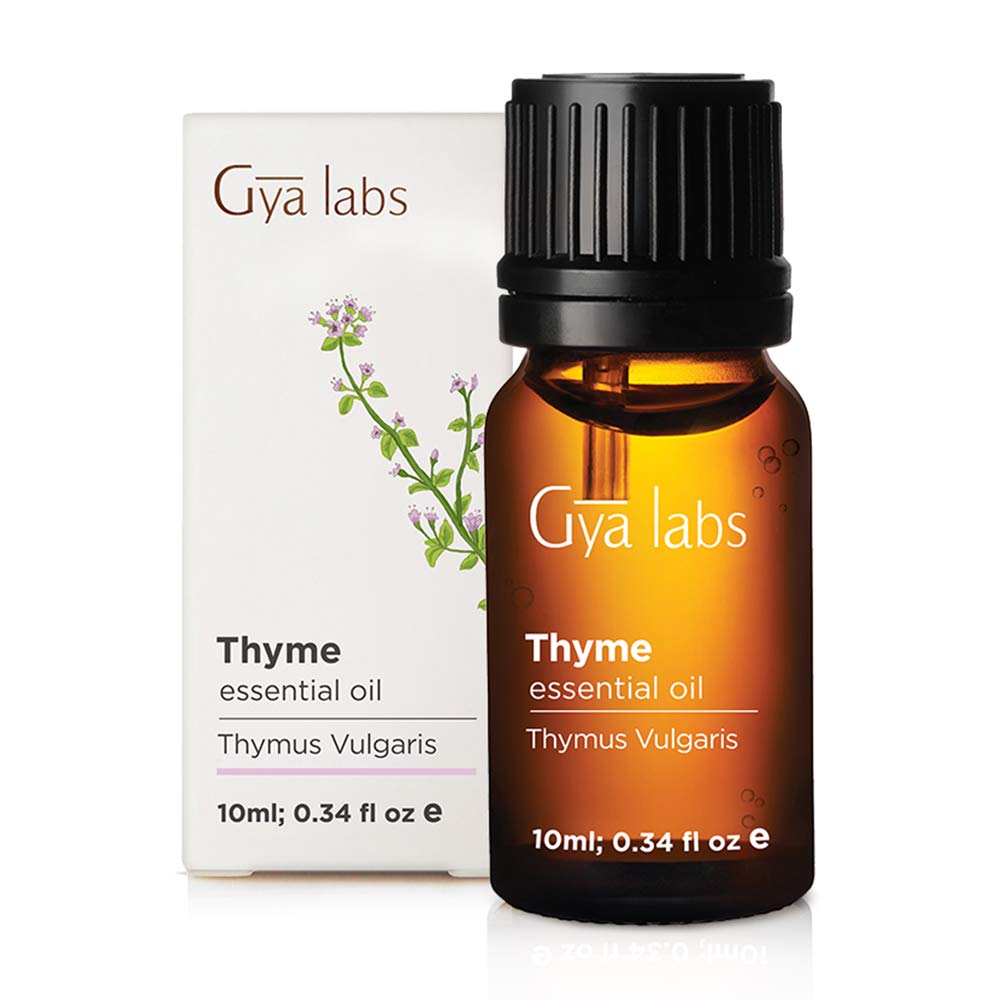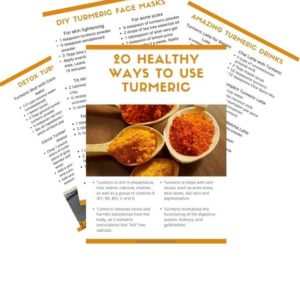Usually, slight discomfort and inflammation is nothing serious to worry about – a bit of an itch here, a little stiffness there, and it’s gone. But sometimes, it’s a colony of multi-drug resistant bacteria building up in your stomach, skin, respiratory tract, or worse: urinary tract – cue torturous nights and endless can’t-stop-won’t-stop itching. Here is when Antibacterial Essential Oils can help.
Facing a world teeming with pathogenic bacteria exposes you to bacterial infections and other potential hazards on a day to day basis. And if your caregiver’s prescribed medicinal drugs are not working their magic, maybe having pocket-sized antibacterial essential oil bottles on hand will turn things around for you.
The Antibacterial Benefits of Essential Oils – Explained
Essential oils are known to have antibacterial, antiviral, and antifungal activities. [1] The ones containing aldehydes, phenols, and terpene alcohols are effective against bacterial infections. Oils with ketones or esters have relatively low antibacterial activity.

- 2-Week anti-inflammatory meal plan.
- 45 Foods that Cause Inflammation
- 31 Things to Avoid on Food Labels
- Grocery Lists. Challenges. Symptoms Tracker
The antibacterial activity of essential oils relies on their chemical composition and the number of their constituents. Their composition, structure, and functional groups play a significant role in determining their antibacterial activity.
Among all examined essential oils, it seems that oregano, thyme, cinnamon, bay, clove, and lavender are the most powerful oils in combating bacteria and fungi.
The antibacterial activity of these essential oils may inhibit the growth of bacteria or destroy bacterial cells.
What are the Benefits of Antibacterial Essential Oils?
Besides fighting bacterial infections (looking at you, E.Coli), essential oils with antibacterial properties offer an extensive roaster of benefits many still don’t know of. Here are a few of them.
1. Fight Bacterial Growth and Infections
Essential oils have been known to possess antibacterial properties for quite a long time. A study conducted using 52 samples of various essential oils [2] to fight bacterial growth revealed two essential oils that proved to be especially effective: thyme and vetiver oils.
Today, many pharmaceuticals look to plant extracts to provide additional healing and antimicrobial benefits in medicinal drugs or as preservatives.
2. Fight Infections from Staphylococcus aureus
Another study was conducted at the Department of Biological Sciences at Manchester Metropolitan University to test the potential of various essential oil samples against staph strains. The results revealed that certain oil extracts such as patchouli oil, tea tree oil, rose geranium oil, lavender oil, and extracts of grapefruit seed inhibit the growth of staph and combat infection.
It was also discovered that the most effective combination to fight staph infections was that of grapefruit seed extract and geranium oil as well as tea tree oil with geranium oil.
3. Stave off Infections in Hospitals
One of the reasons why people feel uncomfortable going to hospitals is that the environment there is abound in bacterial and viral infections. Tea tree oil and eucalyptus oil have shown good results against common bacterial infections including staph and E.coli.
Moreover, these oils are used in medicinal environments against bacterial strains that have become resistant to other medicines and disinfectants.
4. Prevent Bacterial Infections during Travel
During travel, your body is exposed to an unfamiliar environment. Bacteria could enter through certain body openings such as your ears, mouth, and nose. They could be in your food or enter your system while drinking or swimming in water containing bacteria. These bacteria can even get into the pores of your skin or could enter your respiratory tract through the air you breathe.
Oregano oil is a natural antibiotic that helps your body fight off pathogenic bacteria when you come into contact with them. Research shows that it exhibits antimicrobial properties and can combat bacterial infections.
How to Make an Antibacterial Essential Oil Blend for Consumption?
Frequent consumption of an antibacterial essential oil blend can help your body bacterial infections and keep pathogens at bay. For a super blend of essential oils to consume, mix a drop of oregano oil, ginger oil, peppermint oil, grapefruit seed extract, cinnamon oil, and thyme oil each with half a cup of water.
Stir the mixture well and drink it. Be sure to talk it out with your doctor and ensure medical safety before consumption. Also, read the label and make sure the oils are approved for ingestion – check out how to do it properly.
How to Make a Topical Blend of Antibacterial Essential Oils?
A few essential oils like lavender oil, vetiver oil, and tea tree oil exhibit effective antibacterial properties, but are not safe for ingestion. As a result, you need to prepare a super blend of these oils for topical application.
Mix a drop of tea tree oil, ginger essential oil, vetiver oil, lavender oil, and coconut oil to create a tonic. Apply the mix on the infected area twice a day. In case of any irritation, instantly contact your caregiver.
The Top 3 Picks – The Best Antibacterial Essential Oils
Antibacterial essential oils play a significant part as antibacterial agents against persistently stubborn bacteria. Here are our 3 best picks for essential oils with antibacterial properties.
1. Oregano Essential Oil
Admittedly, one of the most worrisome problems the health industry faces today is the increasing bacterial resistance to common antibiotics. This prompts health specialists to bring out possible alternatives (hey there, essential oils) to combat bacterial infections.
Oregano oil and colloidal silver possess some potent antibacterial properties against bacteria that have become medicine resistant. Either individually or combined, both provide a significant reduction in cell density. This gives way to antimicrobial activity to control infections.
Zongle USDA Certified Organic Oregano Essential Oil
This food-grade essential oil of oregano fights such bacteria as E.coli, candida and yeast infections, skin and nail infections caused by E. floccosum (fungi), it is also a natural alternative to hand sanitizer.
CONSUMER REVIEWS: 1) Works really good for colds and sore throat. 2) Heels an old foot rash. 3) Great for fighting nail fungus infection. 4) Works perfectly in a moisturizing mixture for nails and cuticles.
2. Tea Tree Essential Oil
Tea tree oil is an effective alternative to medicine when it comes to fighting bacteria. While ingestion may be harmful, you can apply tea tree oil topically and treat infections caused by potent pathogenic bacteria like E.coli and Staphylococcus aureus.
When combined with eucalyptus, tea tree oil is known to combat chest infections, showing an immediate effect within 24 hours. Studies reveal that this blend prompts cellular response when utilized which also makes them a good option as an antimicrobial tonic.
3. Thyme Essential Oil
According to a study conducted by the Department of Food Science and Technology at the University of Tennessee, thyme oil was found to be effective against bacteria found in milk and salmonella. This oil can be added as an antimicrobial preservative for food to protect our bodies against strains of bacteria.
Many health specialists believe it is a better approach towards food preservation than the chemical preservatives used in food industries.
Gya Labs – Thyme Essential Oil
This essential oil of thyme is for external use only. Mix it with a carrier oil (argan or coconut) and rub onto the affected area. It fights such bacteria as Staphylococcus, Enterococcus, Salmonella, and Helicobacter pylori.
CONSUMER REVIEWS: 1) Works really to cut back snoring. 2) Reduces inflammation in joints. 3) Fights nail fungus infection. 4) It can be used in an antibiotic cleanser for the kitchen and bathroom.
Final Thoughts
Bacterial infections if left untreated often translate into chronic infections and complicated health issues. Medicinal drugs remain the best medically approved substance for consumption to combat bacterial infections. But you can check with your doctor and see if antibacterial essential oils work for you.
If you are breastfeeding, pregnant, or suffering from an acute medical condition besides a bacterial infection, consult your doctor before trying out aromatherapy.
Disclaimer: The contents of this website are for informational purposes only and do not constitute medical advice; the content is not intended to be a substitute for professional medical advice, diagnosis, or treatment. Always seek the advice of a physician or other qualified health provider with any questions you may have regarding a medical condition. Talk to your doctor to determine if taking bentonite clay is safe for you.
1. Swamy, Mallappa Kumara et al. “Antimicrobial Properties of Plant Essential Oils against Human Pathogens and Their Mode of Action: An Updated Review.” Evidence-based complementary and alternative medicine: eCAM vol. 2016 (2016): 3012462. doi:10.1155/2016/3012462
2. Hammer KA, Carson CF, Riley TV. Antimicrobial activity of essential oils and other plant extracts. J Appl Microbiol. 1999 Jun;86(6):985-90.


